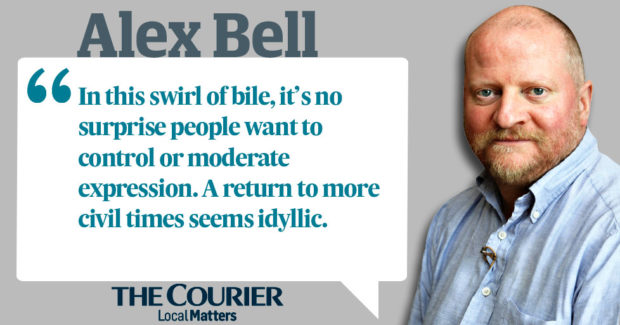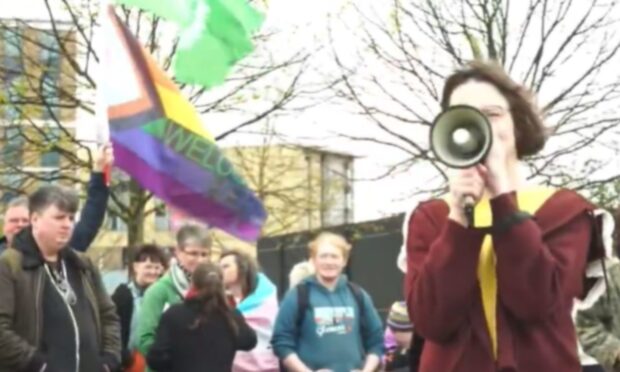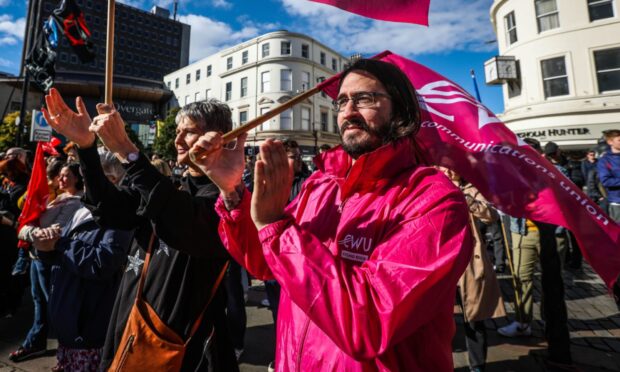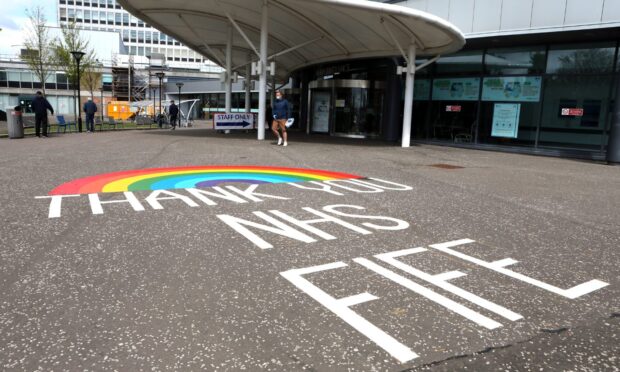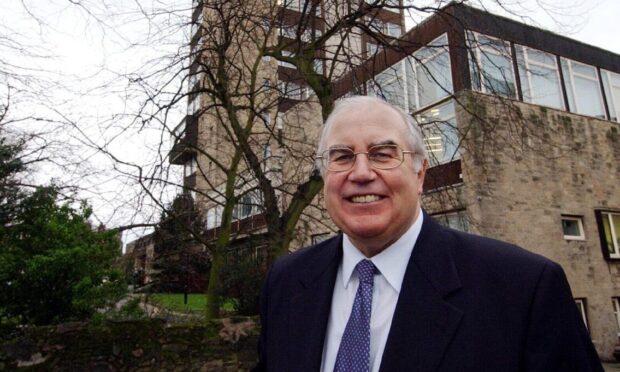It’s not that the Hate Crime Bill is wrong – it is. Nor that it will be watered down – it will. It’s that nobody passionately cares for it in the first place that matters.
Yet another piece of SNP legislation ill conceived, badly drafted and ultimately unloved. If Bills were children, the Scottish Government would have filled an orphanage by now.
The Hate Crime Bill sets out to make the world nicer. We should not hate each other and if we do, then the law should punish us.
Anyone foolish enough to be on Twitter knows a lot about hate. It is the default of the human mind when challenged.
Before social media, journalists were often asked why the news was so negative. We tried to explain that’s what people liked. Along came social media and demonstrated that, left to their own devices, the public were far more nasty than any daily paper.
In this swirl of bile, it’s no surprise people want to control or moderate expression. A return to more civil times seems idyllic. And if not civility, then at least a pretence by people being restricted in their language.
The Hate Crime Bill is a reaction to all the endless opinions people have. Were I on Twitter, and female, or a Muslim, or Christian, or a unionist, or an SNP supporter, then no doubt I’d be deluged in hate.
As it is, I’m an opinion writer, and struggle to keep up with my own self-criticism to bother with anyone else’s.
Humza Yousaf, however, is brown, a Muslim, a nationalist and a government minister for justice. He has to listen to what everyone thinks. It’s a wonder he gets up in the morning for all the abuse. No doubt he passionately wants a kinder, quieter world. But even he doesn’t really think the Hate Crime Bill is essential in its existing form.
This gap between desire and delivery, idea and outcome, is a big problem for the SNP. They wanted to tackle sectarian hatred, but the Offensive Behaviour and Threatening Communications Act of 2012 had all the clarity of a Rorschach inkblot.
Looking after children better is hugely desirable, but the Named Person Bill was toxic. Good intentions undone by bad politics and lamentable drafting.
All governments withdraw or amend some of their own legislation. It’s good to know when you are wrong. The SNP have withdrawn, struck down or failed at too many policy initiatives.
From the Local Income Tax Bill onwards, this is more than democratic correction. It is a sign of profound disfunction.
The key tell on all the policy reversals is that they never leave a broken-hearted minister behind. The Bills are not born of moral passion or a lifetime’s pursuit.
Rather, they pop up circumstantially, get drafted in a hurry, become the focus of the government’s story until no longer popular, then fall away never to be mentioned again.
The cause of local income tax, or its relative, land tax, is still a good one and deserves passionate advocates. Among SNP politicians, nobody champions it.
Been there, got it wrong, don’t remind the voters. Tackling sectarianism is god’s calling, and Scotland’s shame. Will you hear this in SNP circles? No. It’s simply become an error not to be spoken of.
Same with cutting class sizes, or ending child poverty, or becoming rich as the Saudi Arabia of renewable energy – the list goes on.
The Named Person Bill was born out of hard evidence that some children were living miserable lives in poverty and abuse. They still are. But no SNP MP or MSP wants to go over old legislative losses.
At one level, this is an issue about the drafting of legislation. Something is going very wrong when so many good intentions get snarled up in bad language and law. At another, it’s about a group think in the dominant political party. The SNP have a tendency to like everything the leadership says, up until the official story is changed, then nobody remembers.
It doesn’t reflect well on parliament. The scrutiny is not rigorous enough, the process of amendment too easily thwarted by whips.
The real tragedy is the sense that none of it really matters. When the Hate Crime Bill is watered down, Yousaf may feel a twinge of regret, but his political mission won’t have changed, his moral compass won’t spin.
We have a political class easy with failure, if the bigger purpose of power, and independence, is still on track. And that is sad.
It is also deeply worrying. There is no more aspirational policy than independence. But the party advocating it has repeatedly demonstrated it’s not very good at drafting things, it doesn’t have a handle on detail, and ministers are loathe to stand by policies that aren’t immediately successful.
What happens when indy negotiations turn bad, or the new state dips, or things aren’t as rosy as promised?
The Nats need better policy and better people. Ironically, they also need to care more about the quality of Scotland, not the quantity of its promise.
